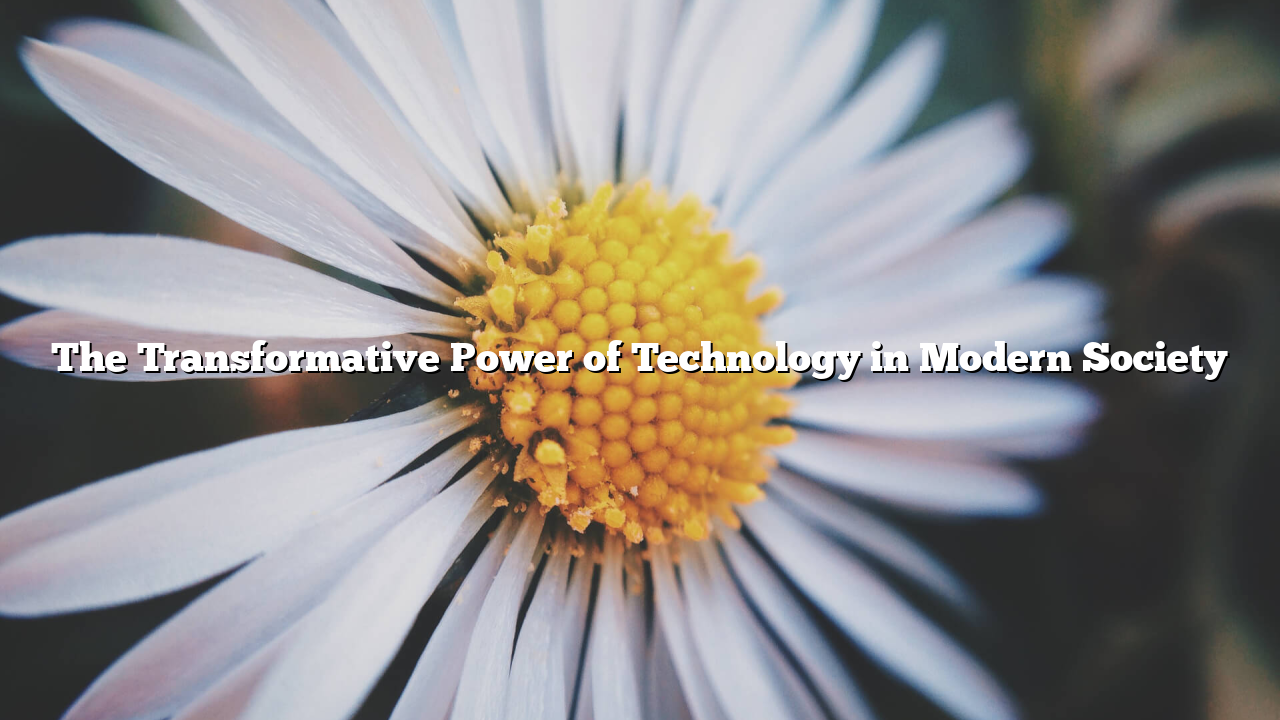Technology has become the backbone of modern civilization, influencing how people live, work, and interact with one another. From the invention of the wheel to the rise of artificial intelligence, technology continues to evolve at an unprecedented pace, reshaping industries and redefining human potential. Today, it is impossible to imagine daily life without digital tools, mobile devices, and the internet, which have kingindo127 become essential to personal and professional activities.
One of the most significant impacts of technology is its role in communication. The internet, smartphones, and social media platforms have revolutionized the way individuals exchange information. What once required days or weeks, such as sending letters across continents, can now be achieved in seconds through instant messaging or video calls. This instant connectivity has not only bridged geographical distances but also created opportunities for global collaboration in education, business, and research.
Education has also experienced a major transformation due to technological advancements. Online learning platforms, virtual classrooms, and digital libraries have made knowledge more accessible than ever before. Students from remote areas can now access high-quality learning resources, while professionals can engage in continuous learning through online courses. Moreover, interactive tools such as simulations and educational apps enhance engagement and make learning more practical and enjoyable.
In the field of healthcare, technology plays a vital role in improving patient outcomes. Advanced medical devices, telemedicine, and artificial intelligence-driven diagnostics have made healthcare more efficient and accurate. For example, wearable devices allow individuals to monitor their health in real time, while telehealth services connect patients with doctors without requiring physical visits. These innovations not only save time but also make healthcare more inclusive, especially for those in rural or underserved areas.
The business sector has been equally transformed by technology. Automation, cloud computing, and data analytics have enabled companies to streamline operations and make better decisions. E-commerce platforms have created new opportunities for entrepreneurs, allowing even small businesses to reach global markets. At the same time, the rise of digital payment systems has changed the way people shop and manage finances, making transactions faster and more secure.
However, the rapid growth of technology also presents challenges. Issues such as data privacy, cybersecurity threats, and the risk of job displacement due to automation are major concerns. While technology creates efficiency, it also raises ethical questions about surveillance, the use of personal data, and the widening gap between those with access to technology and those without. Addressing these challenges requires responsible innovation, global cooperation, and effective regulations.
Looking ahead, emerging technologies such as artificial intelligence, blockchain, quantum computing, and renewable energy solutions promise to further reshape society. AI, for instance, is expected to play a crucial role in automating complex tasks, personalizing services, and accelerating scientific research. Meanwhile, sustainable technologies could help address pressing global issues such as climate change and resource scarcity.
In conclusion, technology is both a powerful enabler and a complex challenge for modern society. It has enhanced communication, education, healthcare, and business, while also raising important ethical and social questions. The future of technology will depend not only on innovation but also on how humanity chooses to apply it responsibly. By embracing progress while addressing its risks, society can ensure that technology continues to serve as a force for positive change in the world.
